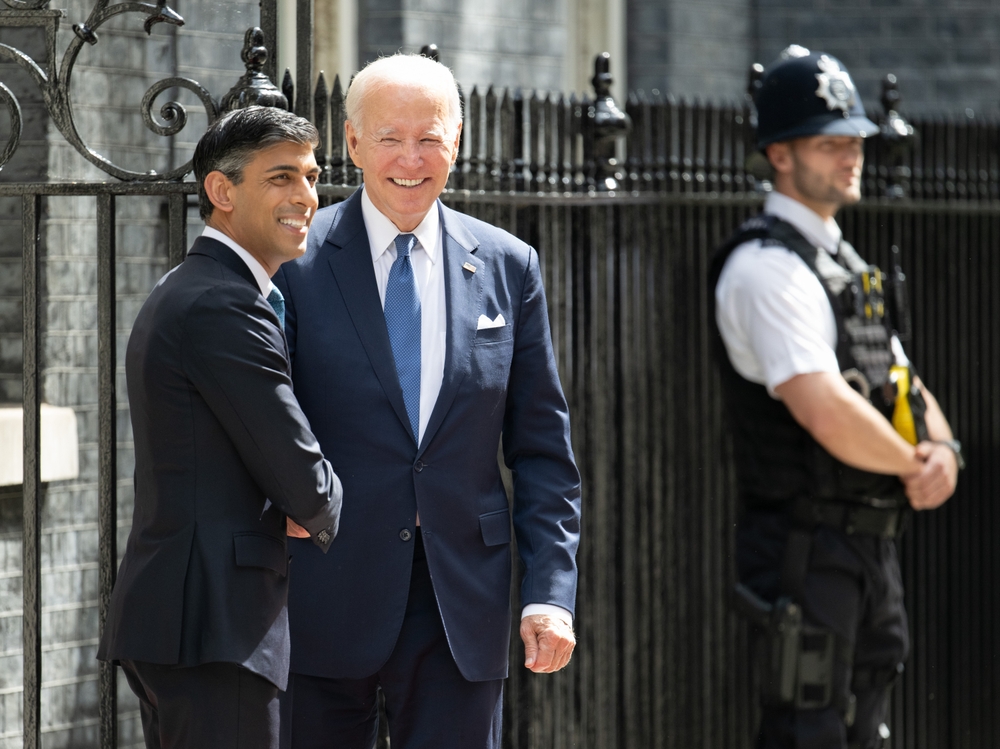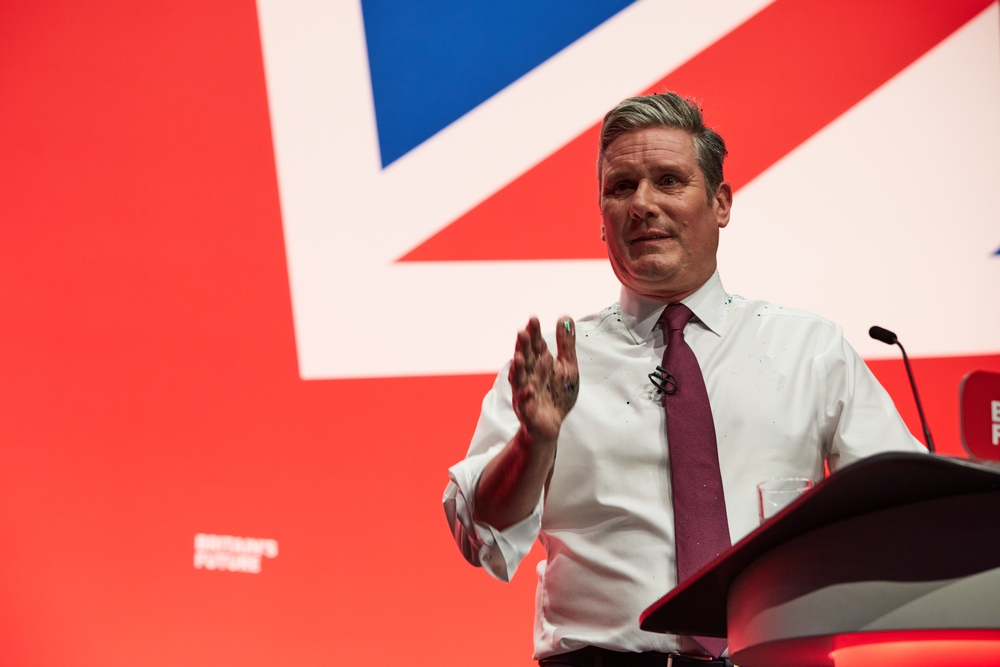
I always enjoy Peter Oborne’s writing. Part of the fun is that you never know what he is going to say next. His latest theory, which he expounds in today’s Telegraph, is that I am using my vast power single-handedly to push the Conservative Party to the right and undermine the workings of the coalition government. Flattering though this portrayal is in some ways (“one of the most influential and potent figures in the wider Conservative movement”, no less), I must point out one or two flaws in his argument.
The nub of Oborne’s case is that I have been against the coalition from the start; indeed, that I could only “fume impotently with rage” as the agreement was signed. This is the opposite of the truth, as anyone who has read Minority Verdict, my review of the 2010 election campaign, will know. In the concluding chapter I wrote that “even if the stars had aligned in such a way as to make a minority Conservative government a real possibility, the choice David Cameron made to enter a coalition would still have been the right one, both for the country and the Conservative Party.” (I don’t very often fume with rage, but when I do it doesn’t sound like that). I argued that coalition was the only way to provide the strong, stable government we had said the country needed, that it showed we were more concerned with the national interest than with party advantage, and that it demonstrated we were serious about our promise to change politics.
Perhaps Oborne has not read Minority Verdict? Ah, but he has. I know this because he wrote a review of it. Rather a favourable review, I am pleased to say: he was even moved to write on his Telegraph blog in November 2010 that “the image of Lord Ashcroft as a sinister svengali figure in Conservative politics has always been a little unfair.” Minority Verdict was, he said, “a distinguished piece of political analysis which suggests that Ashcroft ought to be regarded as a more mainstream figure than his critics have allowed.”
Since Oborne’s premise that I was against the coalition agreement from the outset is wrong, the rest of his argument is wrong too. He implies that I allow Conservative Home a kind of nominal editorial independence, while marshalling a like-minded team of “editors, columnists and pollsters” to advance my rabid agenda. This is curious, since one of the things that most struck Oborne about Minority Verdict was how my analysis differed from that of Tim Montgomerie – so much so, in fact, that Oborne anticipated “some lively conversations” between proprietor and editor.
Certainly, one thing that everyone associated with ConHome has in common is a desire to see a Conservative government elected with an overall majority. How to achieve that, though, is the subject of vigorous debate. There are those who argue that the Tories should campaign more heavily on immigration, or be more forceful in attacking Ed Miliband: I have argued against both these propositions, bringing me into cordial disagreement with Tim (eg this week). As for the EU, one of the issues on which Oborne accuses us of starting to “push David Cameron around”, perhaps he missed my piece at the time of last year’s referendum debate admonishing Conservative MPs to “Turn down the volume on Europe or lose the next election”, and concentrate instead on voters’ priorities. Certainly I have said that UKIP pose a potential electoral threat to the Tories. My remedy, though, was not a swing to the right, which I argued would be counterproductive, but a sense of direction and grip.
The wish to see a Conservative majority could be said to constitute an agenda for ConHome. But it is ludicrous to suggest, as Oborne does, that the other media outlets that I am connected with serve as a kind of Ashcroft megaphone. I defy anyone to read Politics Home, Total Politics or The House Magazine and conclude that they have “undermined trust in the coalition and stirred up Conservative hostility against the Liberal Democrats”, let alone that that has been their purpose.
Some of my polling work has probably made uncomfortable reading for the Conservative leadership. All good research should be challenging. My agenda here is to make sure politicians in general, and the Tories in particular, know what the public are thinking. My research has consistently pointed away from the kind of approach Oborne imagines I advocate. Indeed Smell The Coffee, my 2005 inquest into the Tories’ repeated defeats in which I called for the party to understand how it was seen and look beyond its core support, was part of the basis for the modernisation process that Oborne now says I disapprove of.
My media interests do not exist to advance a particular opinion, and my polling is designed to convey the voters’ views, not mine. I am sure David Cameron takes note of what is said in the media, and I hope he pays close attention the voters. I don’t think the Prime Minister really is pushed around by a website. But if he were, would that not say more about him than it does about me?
PS What about lunch, Peter? It would be good to catch up.


